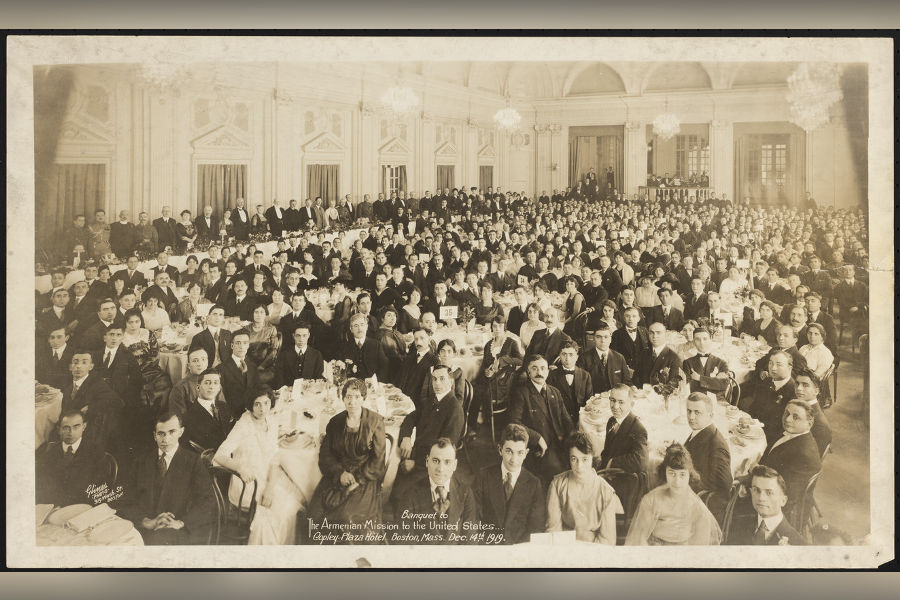Lent—A Season of Renewal


For Protestant and Catholic Churches, Lent begins on Ash Wednesday. The Lenten season extends over a 46-day period, beginning with Ash Wednesday and ending on Easter Eve. Sundays, being weekly commemorations of the first Easter, had never been considered Lenten fast days. With six Sundays in the period, there are 40 days in Lent, which corresponds to and symbolizes the 40 days Jesus spent fasting, praying and meditating in the wilderness before he began his public ministry.
In the Armenian Apostolic Church, Lent begins on Monday following the Great Baregentan Sunday. Each of the following Sundays until Easter is named after a special event of a person from the Bible, such as Sunday of Expulsion, Sunday of the Prodigal Son, Sunday of the Steward, Sunday of the Judge, Sunday of Advent and Palm Sunday.
The word Lent is derived from the Anglo-Saxon Lencten, meaning “spring.” In the Armenian tradition, it is “fasting.” But whatever tradition one belongs to, Lent is a period of the deepening and broadening of spiritual life; that is, a deepening of insight, self-discipline and dedication, and a broadening of outlook, compassion and vision.
The leaders of the early church realized what this period of self-denial, self-discipline and prayer meant in Jesus’ life. They established this period to help the early Christians realize that the fulfillment of Christian living came through these very acts.
Today, people observe Lent in a variety of ways. Some observe it by giving up certain things, others by taking on certain things.
Whether some Christians fast from certain foods and others continue feasting, one thing should be made clear that all Christians have a deep need to fast from certain sins that incapacitate them spiritually. It should also be remembered that Lent is not only a season of giving up certain things but also doing certain positive things; not only a time of “fasting” but also a time of spiritual “feasting.”
Lent is designed to be a period of growth and advancement in Christian faith and practice. Self-denial, giving up something just for the sake of giving it up means nothing. Each of us needs those times when we set out for ourselves to think of the primary concerns of our lives. We need to put aside all the extraneous, unimportant activities and interests and center our thinking and action on that which gives the proper direction to our living.
It will be a blessing if Lent becomes for us a season of real fasting and feasting in our spiritual as well as our community lives in the following sense: fasting from license, feasting on true liberty; fasting from idle gossip, feasting on purposeful silence; fasting from suspicion, feasting on truth; fasting from discouragement, feasting on hope; fasting from hostility, feasting on forgiveness; fasting from sinfulness, feasting on Christian life; fasting on hate feasting on love.
May Lent be synonymous with spring and emphasize reawakening renewal and rebirth for all of us. But most of all may it be a season to revive and reaffirm our faith in God.









